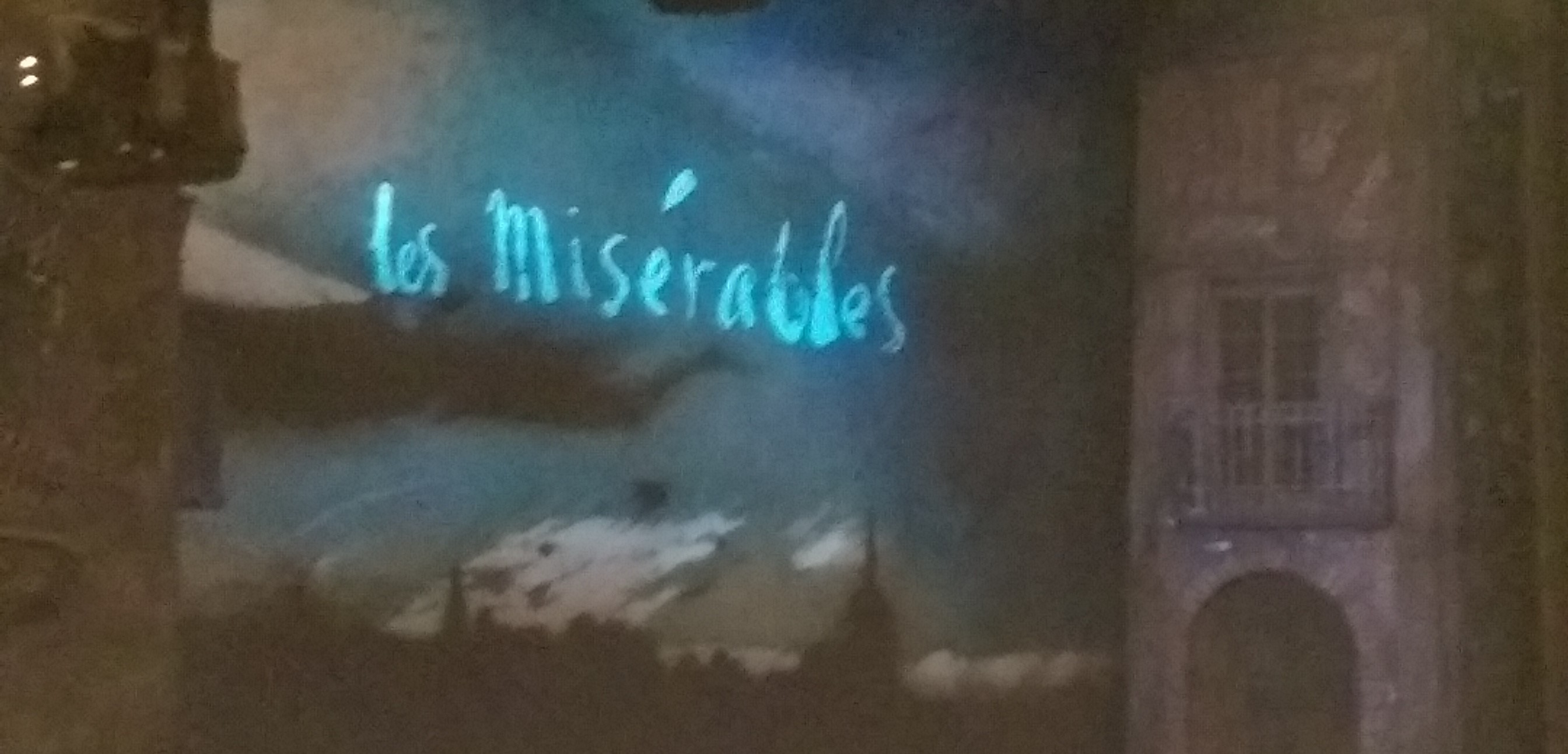
Soon after Hillary Clinton was reported to have called some Trump supporters “deplorables,” a meme appeared, renaming the ‘Les Misérables´ musical barricade “Les Deplorables.” Next, Donald Trump walked on stage at a Miami campaign event in front of that meme, to the musical’s rousing “Do You Hear the People Sing?” That caught my attention.
The meme is clever, although using ‘Les Mis’ as a political rallying cry is not new, as David Ng of the ‘Los Angeles Times’ pointed out. But what bothers me, as a Victor Hugo specialist and aficionado of his epic ‘Les Misérables,´ is that “deplorables” (or even déplorables) are not “misérables.” Hugo angered many of his contemporaries when he put the wretched at the center of his novel. He invited us to connect with anyone poor or shunned by society: with abandoned, uneducated children (Gavroche), with the abused (Cosette and Éponine), with struggling single moms (Fantine), with ex-felons who cannot find work because they have a record (Jean Valjean), with the forgotten elderly (M. Mabeuf).
Hugo also depicted deplorable people. They are the criminals most vibrantly represented by Monsieur and Madame Thénardier. Those two, along with their criminal band, are hate-filled, greedy, violent, manipulative, out to get all they can. Thénardier, especially, monetizes everything—from young Cosette, who is little more than a slave to her foster parents, to his own daughters, who are forced to beg and connive for him.
Clinton detailed, too, what she meant by “deplorables”—although I had to hunt much harder through media reports to discover her complete remarks than to find Trump supporters’ reactions. Speaking to the crowd at the LGBT for Hillary Gala—people often targets of homophobic hatred—Clinton said, “You know, to just be grossly generalistic, you could put half of Trump’s supporters into what I call the basket of deplorables. Right? The racist, sexist, homophobic, xenophobic, Islamaphobic—you name it. And unfortunately there are people like that. And he has lifted them up. He has given voice to their websites that used to only have 11,000 people—now 11 million. He tweets and retweets their offensive hateful mean-spirited rhetoric.”
Victor Hugo—who defended human rights, advocated for international understanding and “the United States of Europe,” and wrote one of the world’s greatest social justice novels—would have come down on Clinton’s side, against hatred. A monument to the power of love, ‘Les Misérables´ rightly concludes with Jean Valjean’s exhortation to the young couple he’d saved: “Love each another dearly always. There is scarcely anything else in the world but that: to love one another.”
“To love another person is to see the face of God” at the end of Boublil and Schönberg’s musical expresses that same principle. And because ‘Les Mis’ translates the heart of Hugo’s novel, its “misérables” are, like Hugo’s, people who want and need a better world. They are, as Hillary Clinton described them at that gala, “people who feel that the government has let them down, the economy has let them down, nobody cares about them, nobody worries about what happens to their lives and their futures, and they’re just desperate for change.”
They are the poor, the people Hugo lobbied for in his 1849 legislative speech about eliminating poverty. Shocked and dismayed, conservatives yelled denials when he insisted that poverty be destroyed. “Anarchy opens the abysses,” he said, “but poverty digs them. You have made laws against anarchy; now make laws against poverty!”
Hugo knew the difference between ”misérables” and “deplorables,” and his position resonates in Clinton’s recent ‘New York Times’ op-ed: “The true measure of any society is how we take care of our children. With all of our country’s resources, no child should ever have to grow up in poverty. Yet every single night, all across America, kids go to sleep hungry or without a place to call home. We have to do better.”
Hugo was right about the never-ending relevance of ‘Les Misérables.’ As his preface tells us, such books are always useful “as long as ignorance and misery exist in this world.” We have still not solved what he called “the three problems of the century—man’s debasement through his proletarian situation, woman’s degeneration through hunger, the child’s atrophy through darkness.“ The people facing those problems—the “misérables” and not “the deplorables”—are the heroes of ‘Les Misérables’ and should be the focus of our efforts.
(The Huffington Post webpage)
